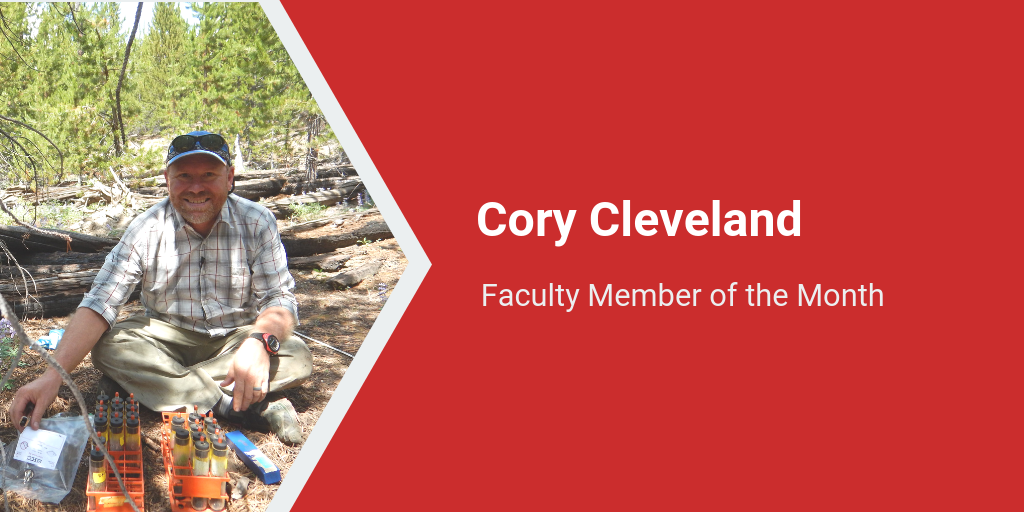It is a human right to access safe, voluntary family planning, but there is an unmet demand for contraceptives, with millions of women either lacking access to information or services, or do not feel they have reproductive control. For World Population Day, we take a look at the recommended research to improve reproductive health and advance contraceptive use.
In June, a DNA analysis of over 200 ancient cat remains from Viking graves, Egyptian mummies and Stone Age Sites, revealed how the cat was domesticated and how it efficiently spread across the globe. This inspired us to paw through our recommended articles on the other findings made about felines based on their genetics. We also include our usual top 3 articles for the month and our Hidden Jewels.
In honour of International Women in Engineering day on 23rd June, Chloe-Agathe Azencott is June’s featured Faculty Member of the Month. A research scientist at the Centre for Computational Biology of MINES ParisTech and Institut Curie (Paris, France) since 2013, her enthusiasm for problem solving and seeking new knowledge drew her into engineering.
Throughout May, there were many discussions and reports about the current uses and future possibilities of artificial intelligence (AI), with AI and health care appearing to be a major theme. In recognition of this, we are highlighting the top 3 recommended articles in the area of AI in this month’s blog post, which we have decided to rename, and for those Transformers fans out there, you will see the link to this month’s theme. We also include our usual top 3 articles for the month and our Hidden Jewels.
Ferdinando Boero is May’s featured Faculty Member of the Month. He shares with us two of the most influential people for his research, Charles Darwin and Frank Zappa.
This week is Mental Health Awareness Week, and the Mental Health Foundation hopes to improve the wellbeing and mental health of Britain, after their survey revealed that the nation’s state of mental health is poor and appears to be deteriorating.
As the Foundation is investigating ways to prevent mental health and enhance society’s mental state, I thought I would investigate some of the research that has been recommended by our F1000Prime Faculty Members on the suggested influences and causes of mental illness, as well as possible treatments.
One of the latest findings in neuroscience made headline news, as a protein therapy could slow down the human’s brain ageing process and in the future could potentially be used as a preventative against neurological disorders such as Alzheimer’s. In recognition of this work, we are highlighting the top 3 recommended articles in the area of tissue rejuvenation in this month’s blog post as well as the usual top 3 articles for the month and Hidden Jewels.
On World Malaria Day, Dr. Audrey Odom John and April’s Faculty Member of the Month shares her eureka moment that stimulated her interest in research and is now keen to harness parasite-specific processes to develop new ways to diagnose or treat malaria.
Following the birth of the first three-parent baby last year, there seems to be some division between enthusiasm and concerns that still remain over the technique used to prevent a woman passing on a genetic disease to her baby. Diseases, such as Leigh syndrome, a severe neurological disorder, can be passed down through mutations in the mother’s mitochondrial DNA. In…
Throughout the year, our Faculty works tirelessly to highlight the noteworthy studies and findings in their fields. In so doing, they not only help us maintain our sanity by keeping our ‘to read’ pile at a manageable level but also acknowledge the quality of research from their contemporaries, thereby helping to raise the profile of…














